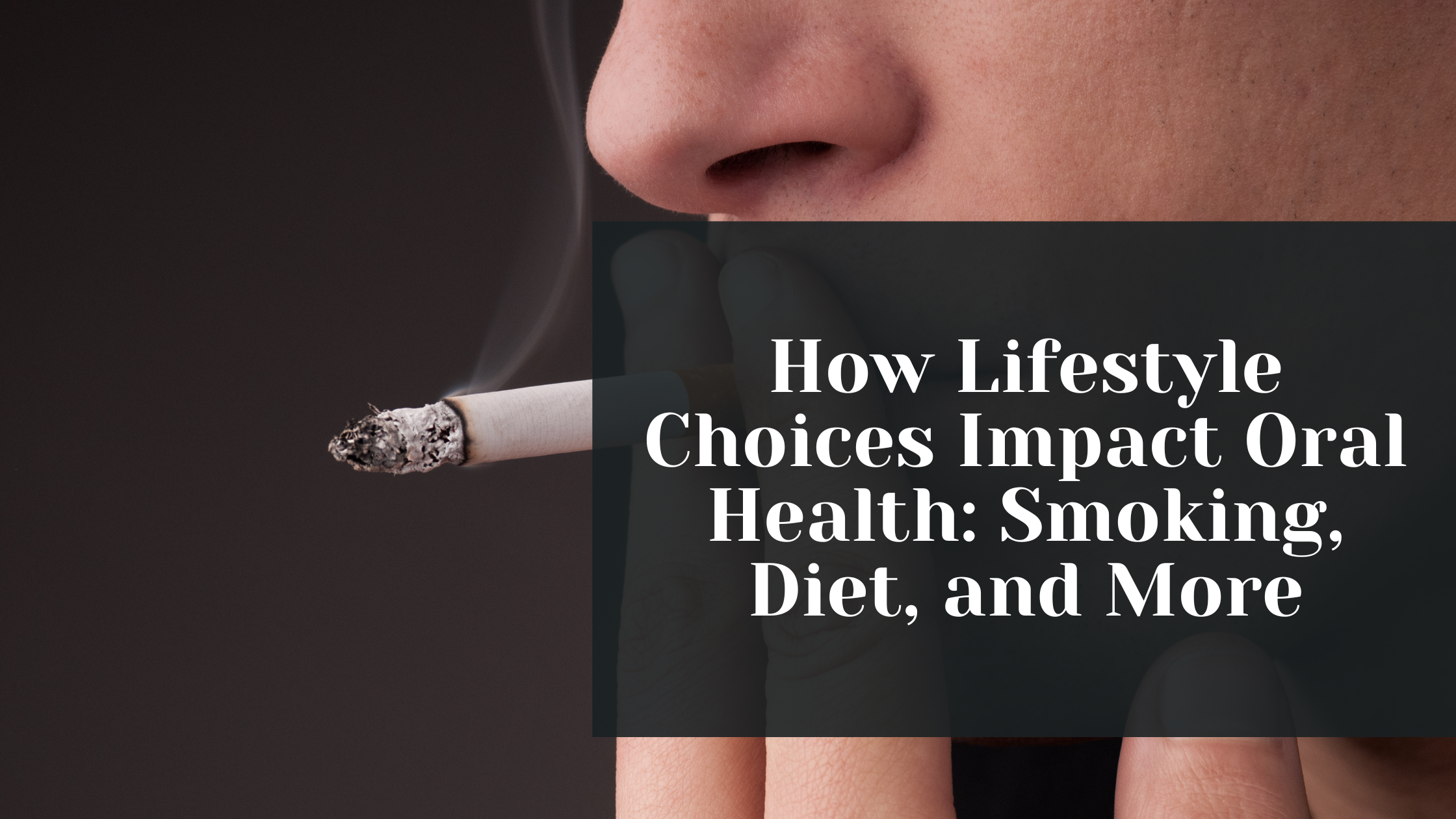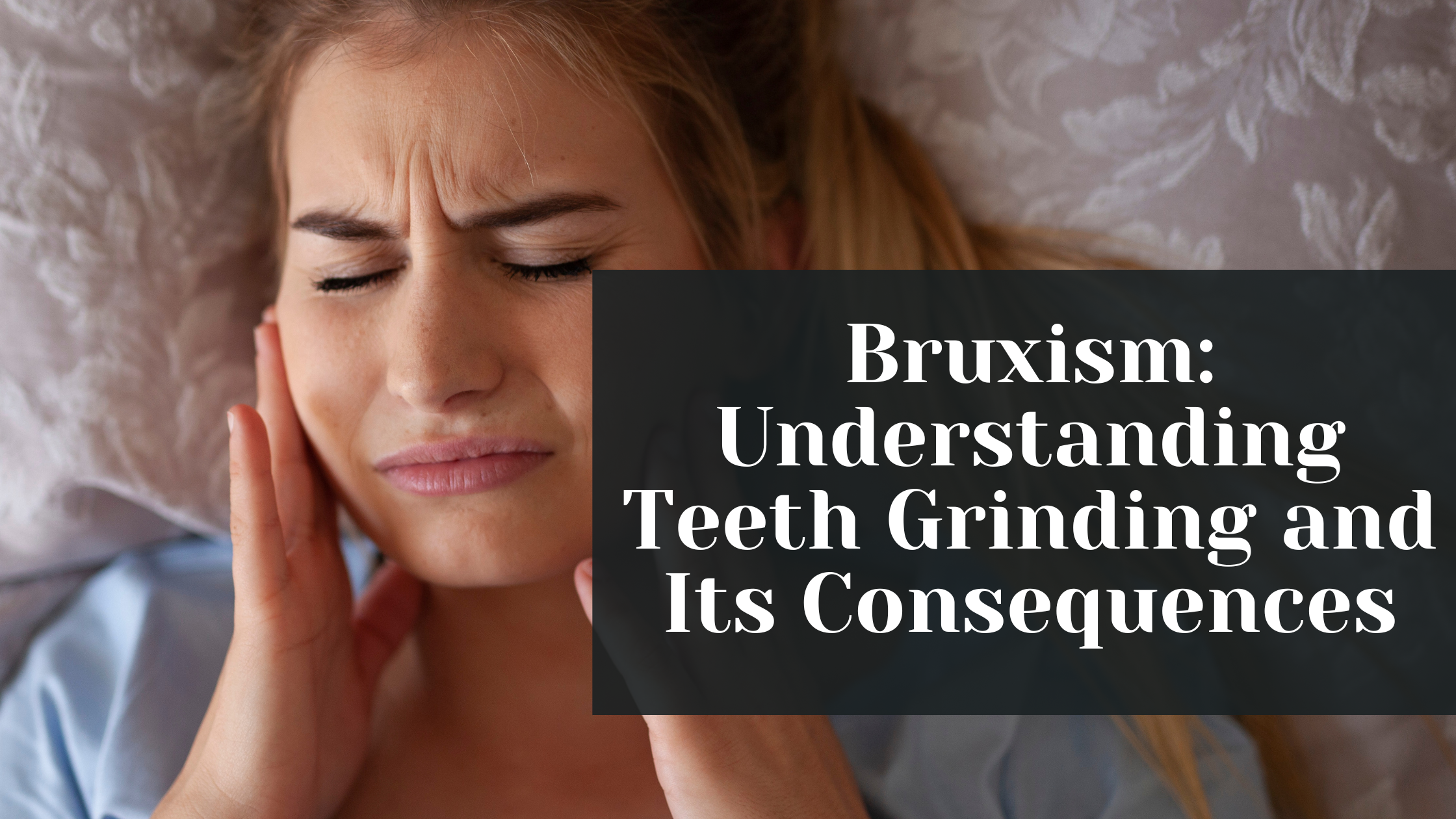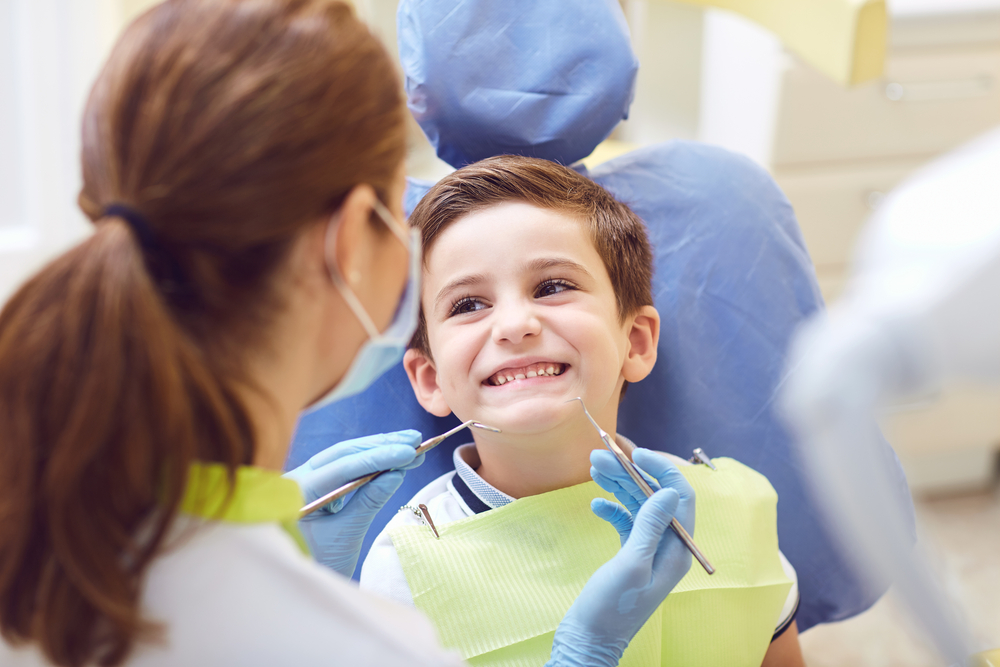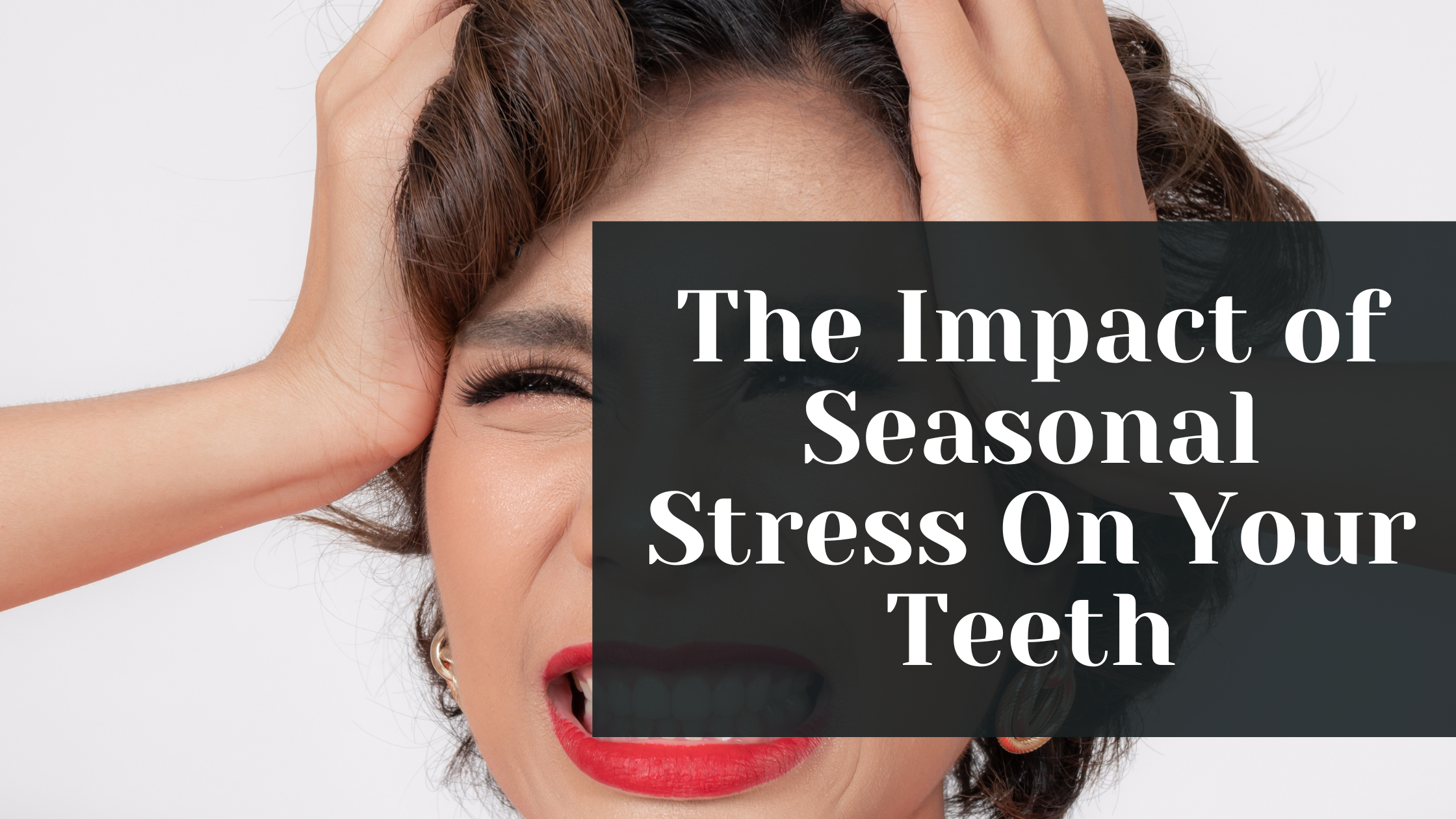Maintaining good oral health is not just about brushing and flossing regularly; it’s also about making smart lifestyle choices. Your daily habits and routines can significantly impact the health of your teeth and gums.
At Sheehan Dental, we understand the importance of educating our patients about how lifestyle choices affect their oral health. Together, let’s take a look at some of the most common lifestyle factors that influence your dental health and the steps you should take to maintain a healthy smile.
Smoking and Oral Health Smoking is one of the most detrimental habits for your oral health. Not only does smoking stain your teeth and contribute to bad breath, but it also significantly increases your risk of developing gum disease, tooth decay, and oral cancer.
The chemicals in tobacco products can irritate the gums, leading to inflammation and infection. Additionally, smoking weakens your body’s immune system, making it harder





